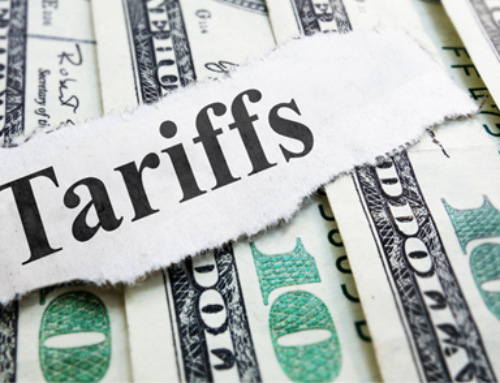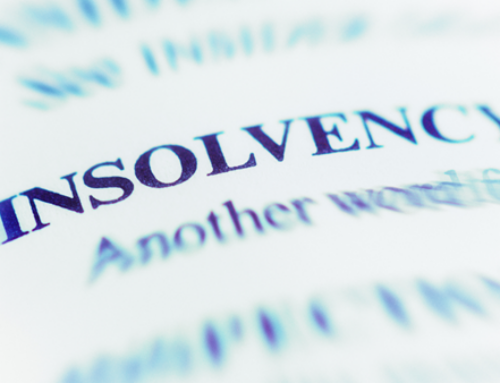The Bounce Back Loan Scheme was introduced on May 4, 2020, allowing businesses to borrow between £2,000 and £50,000, with 1,531,095 loans granted totalling £46.53 billion. These loans came with attractive features such as a low interest rate of 2.5%, a 12-month interest-free period, and a repayment term of 6 years.
The intended use of these funds was primarily for working capital requirements, including staff wages, rent, utilities, creditors’ payments, and other essential business expenses. The government provided full guarantees on these loans, ensuring repayment to lenders even in the event of insolvency, as long as the funds were utilised for their intended purposes.
However, despite the vital lifeline these loans provided to many businesses during the pandemic, challenges persist. Factors such as reduced turnover, labour market strains, historical debts, increased costs, inflation, and supply chain disruptions have contributed to a surge in insolvencies, with an estimated 28,000 – 30,000 expected in 2024.
In response to this landscape, we’ve observed a growing demand for assistance from our advisory and insolvency teams. One recurring question revolves around the consequences of defaulting on Bounce Back Loans and the appropriate course of action for directors.
In addressing this, it’s crucial to differentiate between dissolution and liquidation. While dissolution may seem like a straightforward option for companies with outstanding liabilities and no assets, recent legislative changes empower HMRC and the Insolvency Service to penalise directors who abuse this process, including penalties, director disqualification, bankruptcy, and potential legal action.
On the other hand, liquidation remains a viable option for companies facing financial challenges. In the insolvency process, Bounce Back Loans are treated as unsecured debts, sharing the same status as other creditors. Directors are generally not personally liable for these loans if they were utilised for their intended purpose, as the government guarantees repayment.
However, directors should exercise caution as recent changes have reinstated wrongful trading laws, holding them accountable for any abuse or fraudulent use of the loan scheme.
In summary, while the Bounce Back Loan Scheme provided essential support during unprecedented times, it’s necessary to navigate its complexities with diligence and integrity. Our experienced team at DMC Recovery is here to offer confidential guidance and support tailored to your specific circumstances.
Whether you require assistance with Bounce Back Loans, insolvency matters, or other financial challenges, we’re committed to helping you move forward with confidence.
For accountants and solicitors we also offer informative presentations for your team or wider audience upon request. Please feel free to reach out to the team if you have any questions or would like to schedule a consultation.






